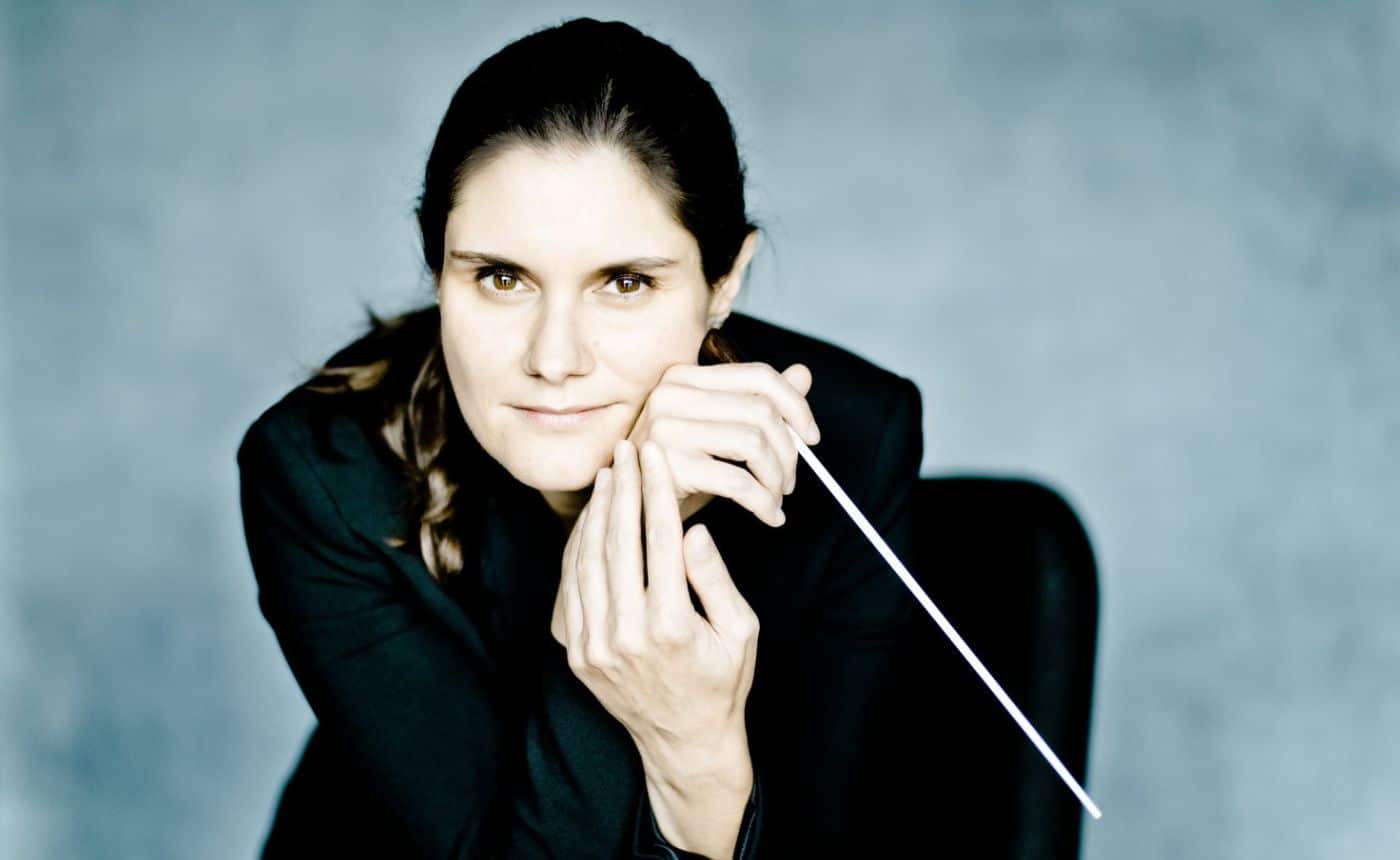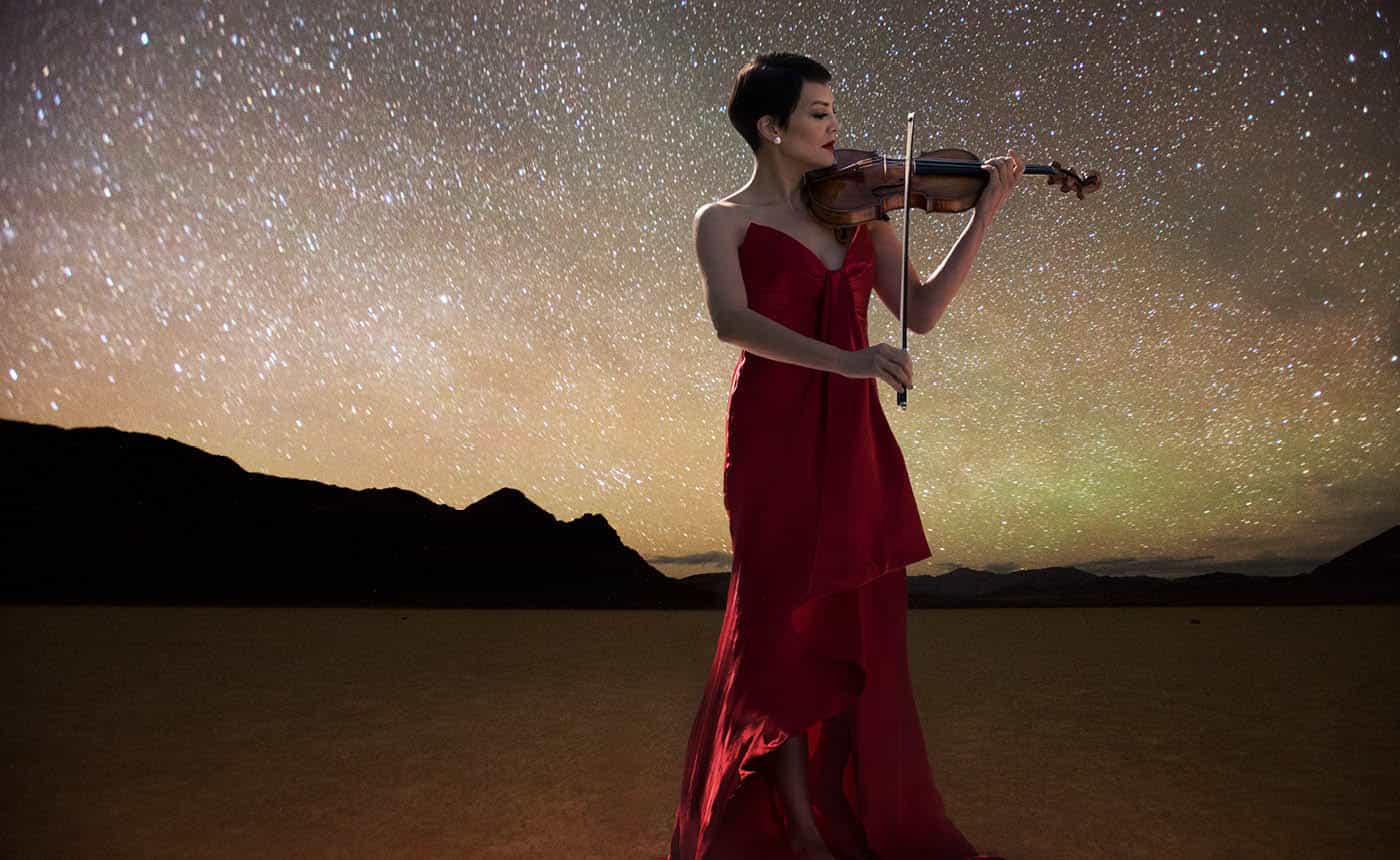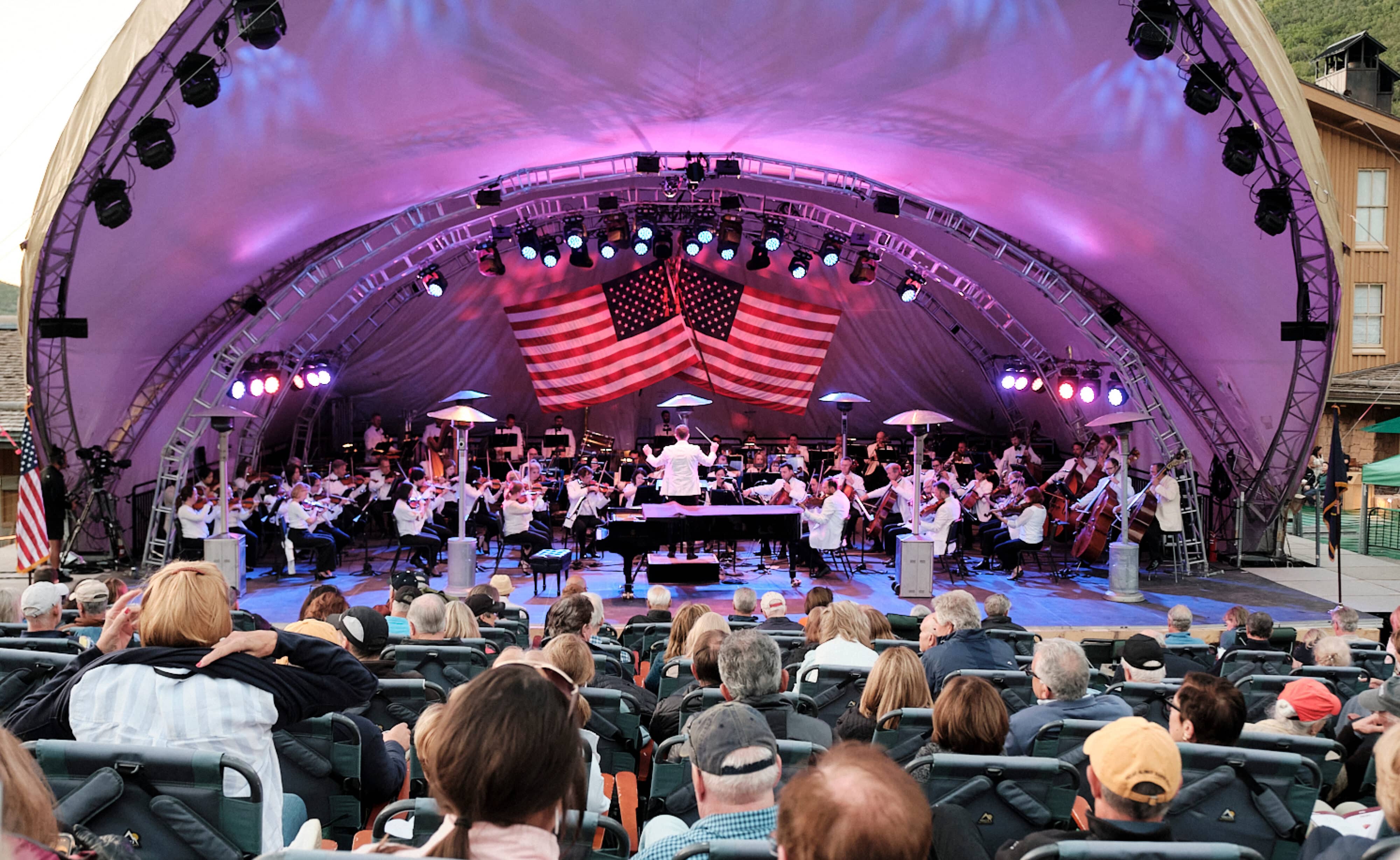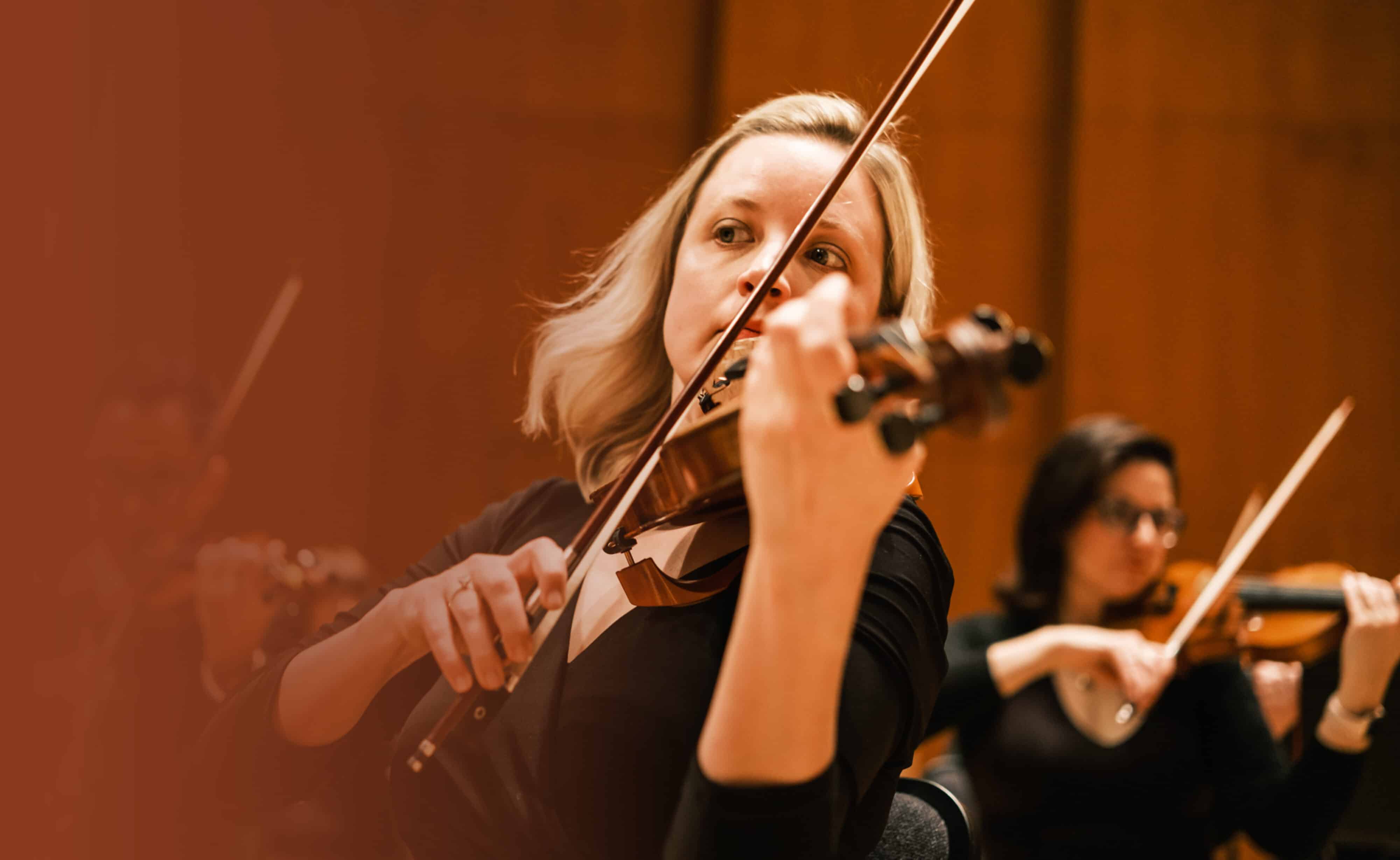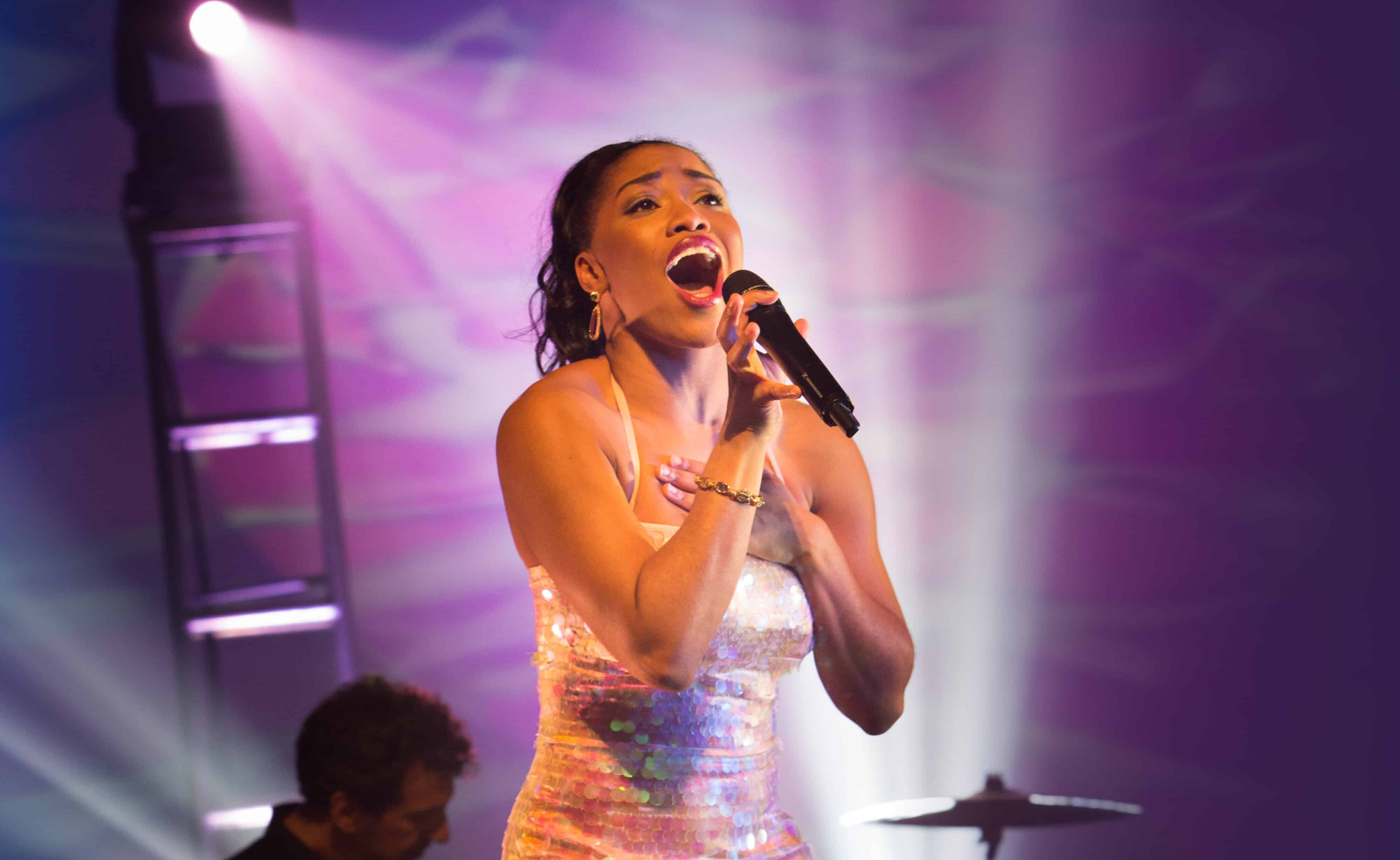Debussy – Jeux
Claude Debussy (1862 — 1918): Jeux
Instrumentation: 4 flutes, 2 doubling piccolos, 3 oboes, English horn, 3 clarinets, bass clarinet, 3 bassoons, contrabassoon; 4 horns, 4 trumpets, 3 trombones, tuba; timpani, triangle, xylophone, tambourine, crash cymbals, suspended cymbal; strings
Performance time: 17 minutes
Background
In his scenario for the ballet Jeux (Games), the legendary dancer Vaslav Nijinsky describes a scene of hazy light, mysterious ambiance, and actions that are ambiguous and sexually suggestive. The same could be said about the circumstances that surrounded the creation of the ballet itself and gave rise to Debussy’s commission, which he nearly rejected.
In his personal journal, Nijinsky wrote that he originally conceived the ballet as a encounter that takes place among three who have been playing tennis, though the scenario was later changed to involve a man and two women. A tennis ball has been lost, and they are searching for it. The scenario specifies that “The artificial light of the large electric lamps suggests the idea of childish play: they play hide and seek, they quarrel. The night is warm, the sky bathed in a pale light; they embrace. This spell is broken when another tennis ball mysteriously appears. Surprised and alarmed, the young man and the girls disappear into the nocturnal depths of the garden.”
What to Listen For
Perhaps because it premiered just two weeks before the explosively controversial Rite of Spring at the same theater, Jeux failed to hold the public’s attention, and it has become Debussy’s most rarely heard major composition. But the music is compelling. Combining Debussy’s characteristic ebbs and flows of color and texture with a rondo structure of repeating, morphing themes, Jeux creates a fascinating interplay of movement — like planetary orbits crossing in space.
This was Debussy’s last completed score for orchestra, and one of his most mercurial: analysts often claim that its pace changes with every second bar. About 60 such changes are noted in its pages, which take about 15 minutes to perform. That level of craft is ample evidence of Debussy’s deep commitment to the music of Jeux, despite his initial reluctance to compose it.




